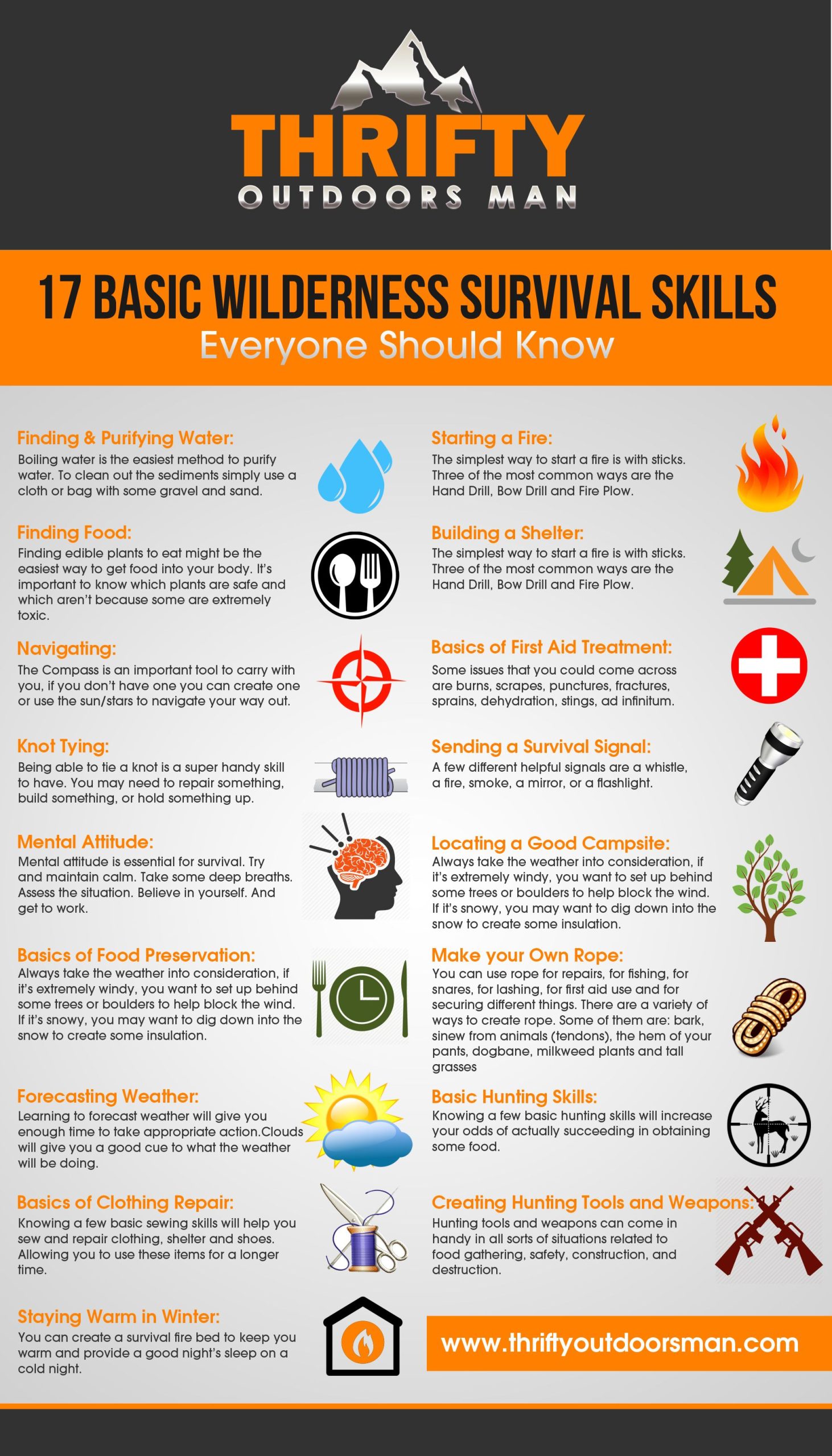As I sit here at my desk, surrounded by four walls and a computer screen, memories of my recent camping trip come rushing back. There’s no denying the allure of the great outdoors, the smell of fresh pine, and the sound of leaves crunching underfoot. Being out in the wilderness, however, is not without its challenges. That’s why I want to share some wilderness survival skills that I’ve picked up along the way, to help you make the most of your outdoor adventures with peace of mind.
1. Basic Navigation:
One of the first things you should familiarize yourself with before heading out into the wild is basic navigation. Bring a detailed map and compass, and learn how to use them effectively. GPS devices are handy, but unexpected circumstances can render them useless. Knowing how to find your way using landmarks, the sun, and stars can be a lifesaver. Trust me, getting lost in the vast wilderness is not an experience you want to have.
2. Shelter Building:
Whether you’re faced with sudden rain, strong winds, or extreme temperatures, having the skills to build an effective shelter is crucial. Start by mastering the art of tying knots. Learn a few simple ones like the square knot and the clove hitch; they will come in handy when constructing your shelter. Collect knowledge about different types of natural shelters, such as lean-tos and debris huts, and practice building them in your backyard. Nothing beats the sense of accomplishment and security you feel when you sleep soundly under a shelter you built with your own two hands.
3. Fire Building:
Being able to start a fire in the wilderness is not just about warmth and comfort; it’s about survival. Start by understanding the fire triangle: heat, fuel, and oxygen. You’ll need to gather materials like dry sticks, leaves, and bark to provide fuel for the fire. Learning different fire building techniques, such as the teepee or the log cabin method, will help you ignite and maintain a fire efficiently. But remember, fire safety is paramount; always ensure your fire is well-contained and put out completely before leaving your campsite.
4. Water Sourcing and Purification:
Water is essential for survival, but finding safe and clean water in the wilderness can be a challenge. Look for flowing water sources like streams or rivers. Use your judgment to assess the water’s cleanliness; if it appears murky or has a strong odor, find an alternative source. Always purify your water before drinking, even if it looks crystal clear. Boiling water is the most reliable method, but portable water filters and purification tablets are excellent alternatives.
5. Foraging for Edible Plants:
While planning your outdoor adventure, take some time to research the edible plants that are native to the area you’ll be exploring. Familiarize yourself with their appearance, habitat, and any look-alike plants that could be toxic. When foraging, remember the golden rule: when in doubt, do without. Never consume a plant unless you are 100% sure of its identity. Foraging can be an exciting and rewarding experience, but it’s critical to exercise caution.
6. Wildlife Awareness:
Sharing the wilderness with wildlife is an undeniable part of the outdoor experience. Learn about the animals that inhabit the areas you’ll be visiting, focusing on their behaviors and habitat preferences. Keep a safe distance from wild animals, as they can be unpredictable and potentially dangerous. Store your food securely to avoid attracting unwanted guests, and always leave a respectful distance between yourself and wildlife, even if you’re tempted to snap a perfect selfie. Remember, we are guests in their domain.
7. First Aid Skills:
Accidents can happen anywhere, anytime, and wilderness environments can amplify their consequences. Knowing basic first aid skills is essential. Take a first aid course that covers common injuries and ailments encountered in the outdoors. Pack a well-stocked first aid kit and make sure you know how to use its contents. Understanding how to assess and treat injuries, manage infection, and perform basic CPR can make a significant difference in a survival situation.
8. Mental Preparedness:
Apart from having the necessary physical skills, being mentally prepared is key to surviving and thriving in the wilderness. Stay calm and keep a positive mindset, even in challenging situations. Panic can cloud your judgment and compromise decision-making abilities. Remember that your mindset affects those around you, so maintaining a calm and optimistic demeanor can be reassuring for your camping companions too.
The wilderness has so much to offer, from breathtaking vistas to the solace that can only be found in nature’s embrace. By equipping yourself with these wilderness survival skills, you can embark on your outdoor adventures with confidence and peace of mind. So go ahead, step out of your comfort zone, and explore the wonders that await you beyond those four walls. The wilderness is calling, and it’s time to answer.

